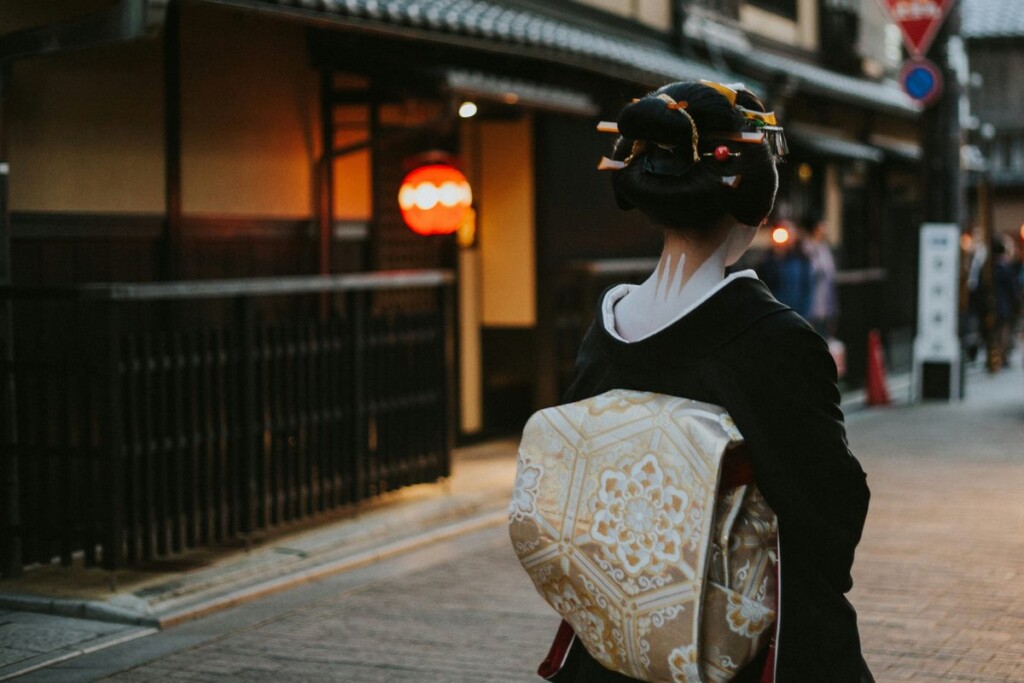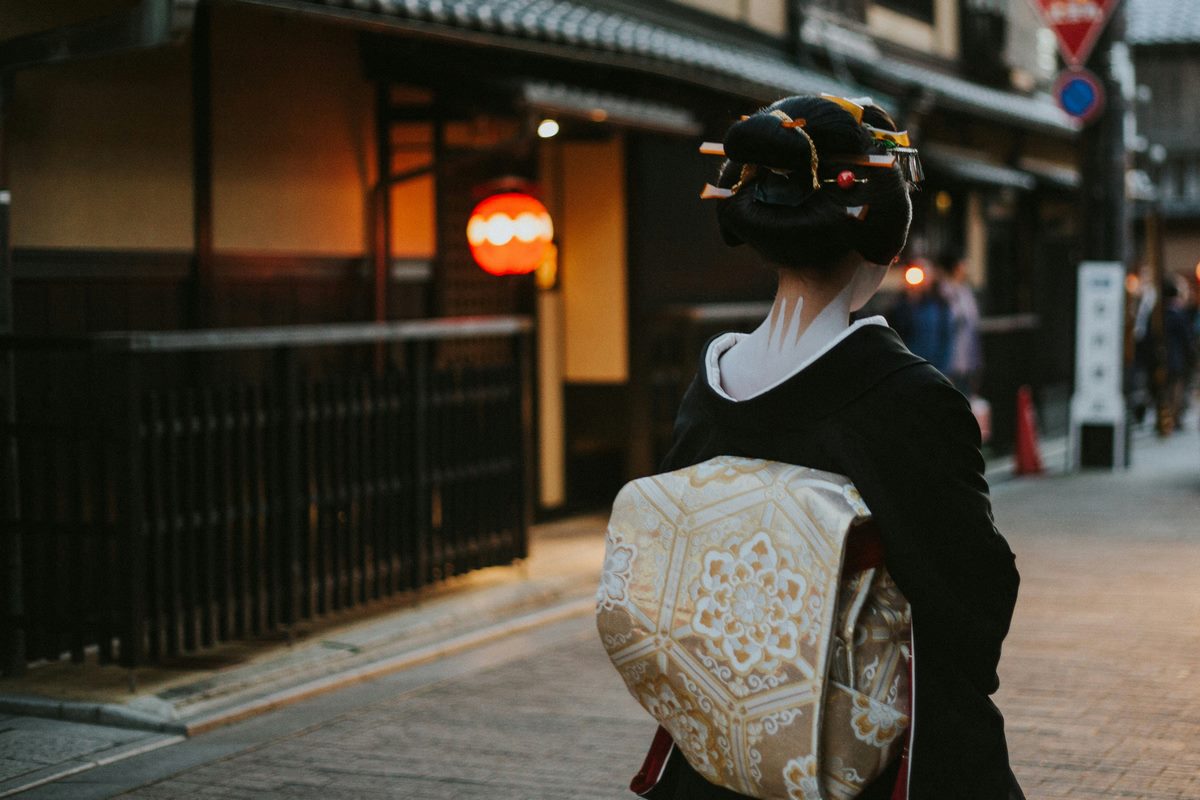
GNN has long been an employer of travelers, and is quick to point out positive developments in tourism—which includes when malbehaved tourists are ‘corrected’ by the application of a smart law.
In Japan, Kyoto has installed a new schedule of fines for “Geisha paparazzi” as a means of preventing tasteless tourists from harassing the city’s professional female entertainers for photographs.
Furthermore, the citizens of the famous Gion quarter, where geisha and their understudies (called maiko) are most often found, have taken it upon themselves to staunchly enforce Japanese etiquette on their own—like a kind of citizen’s arrest.
Isokazu Ota, Representative Secretary of the Gion-town South Side District Council, tells CNN that unauthorized geisha photography is punishable by a fine of up to ¥10,000 ($67). Technically non-enforceable on the large public thoroughfare of Gion called Hanamikoji Street, the signs posted that warn of the fine don’t mention this particular detail of Japanese legal codes.
FAMOUS PLACES SAVED FROM OVERTOURISM: Italy Bans Cruise Ships from Entering Historic Venice City Center
Additionally, many of the picturesque side alleys of Gion, which geisha and maiko use to avoid paparazzi, can be subject to the ban, though Ota’s didn’t tell CNN exactly why—perhaps because the alleys are home to restaurants, teahouses, and private residences.
Walking down the streets of the historic neighborhood, these geisha transport the scenery back 200 years with their colorful kimonos, makeup, and fans.
MORE STORIES LIKE THIS: Ten Years After a Tsunami Devastated Eastern Japan, a 1,000km Hiking Trail Reclaims the Coast
But being that Gion is one of the most tourist-heavy districts in the tourist-heavy city of Kyoto, the geisha and maiko (these words are already plural) are too often bothered by visitors looking for photographers at all costs, and incidents of these women being physically harassed are not uncommon.
Geisha are quite simply entertainers. They practice traditional Japanese activities like singing, playing musical instruments, and serving tea, to those dining and eating at restaurants. They fit in so well with the scenery of Gion, that foreign tourists come to believe they’re part of it, when in reality they are often simply on their way to work.
SHARE This Story With Anyone You Know Heading To Japan…




















